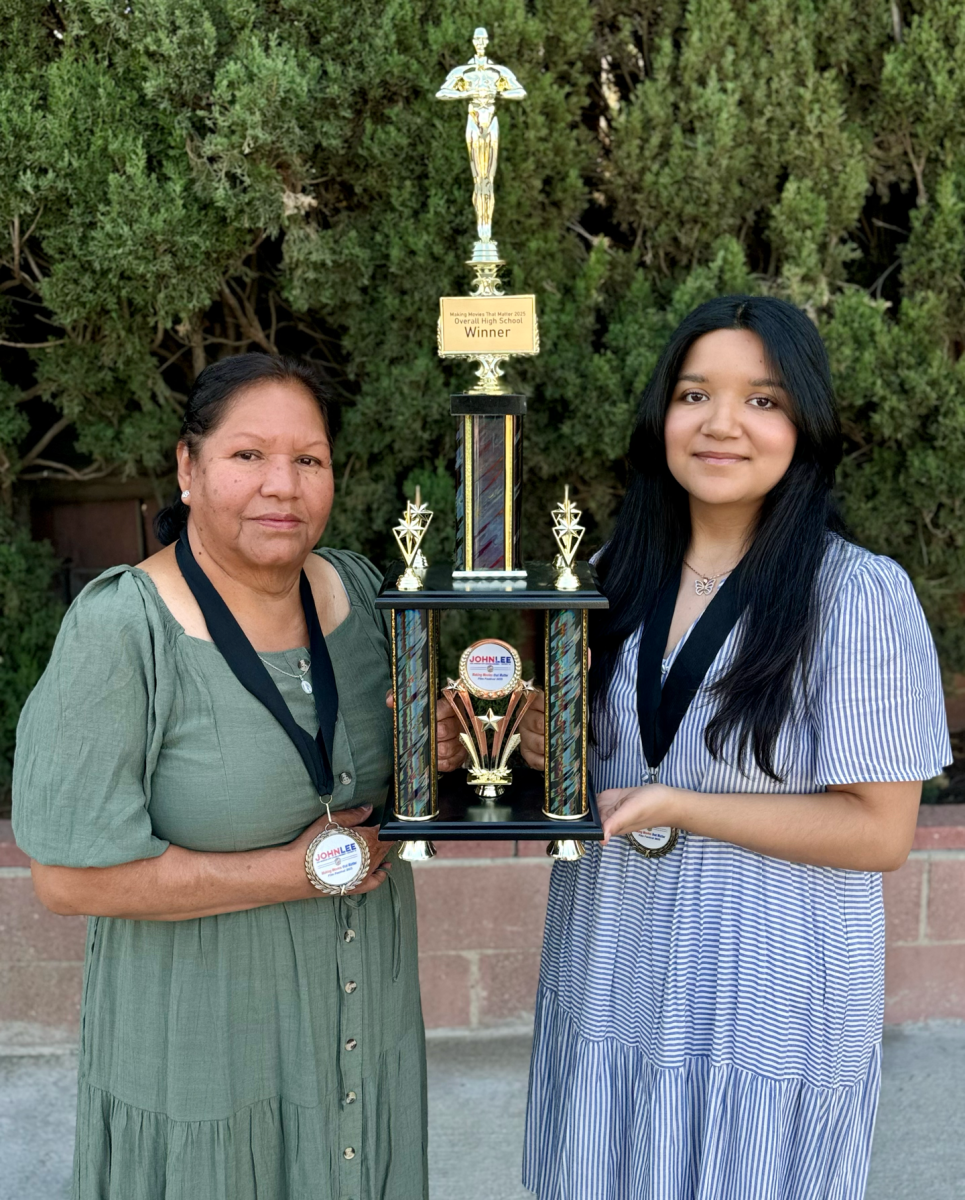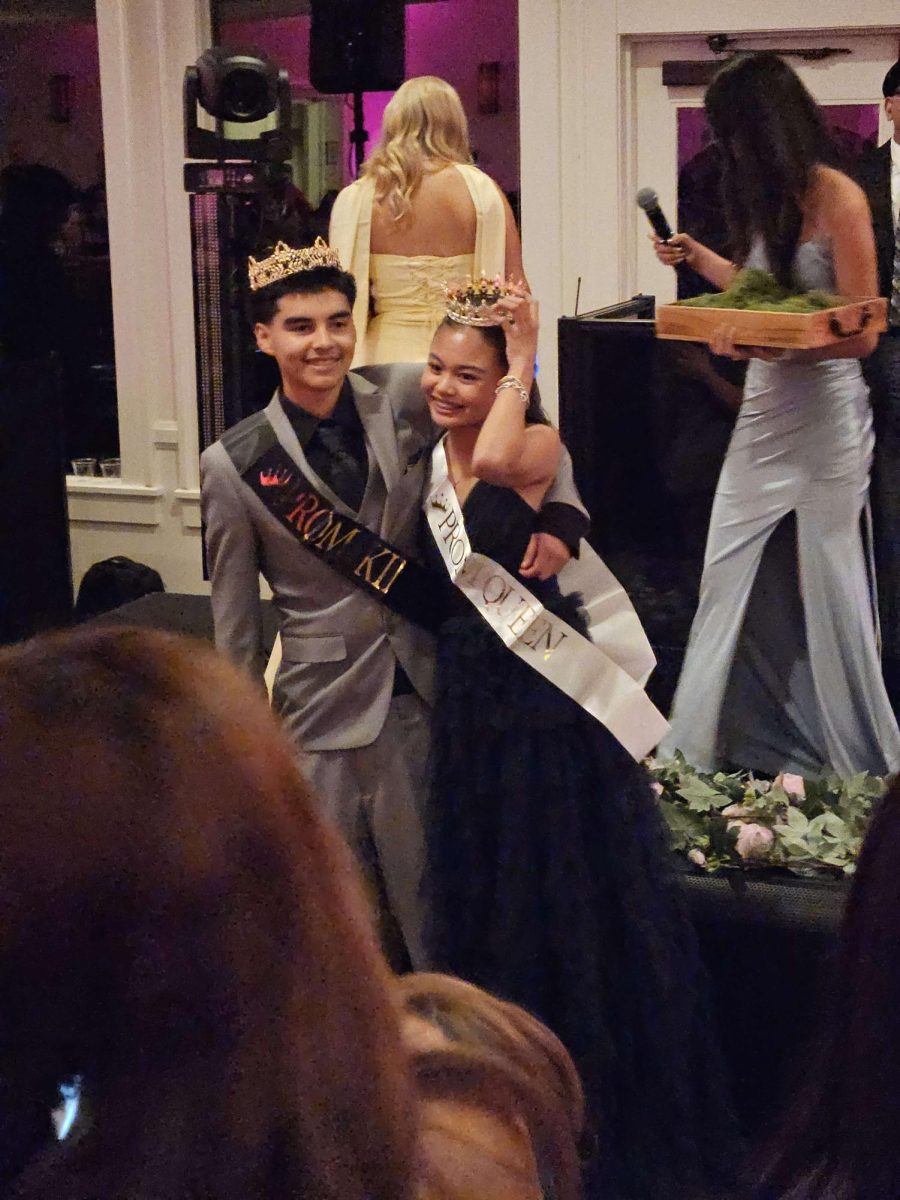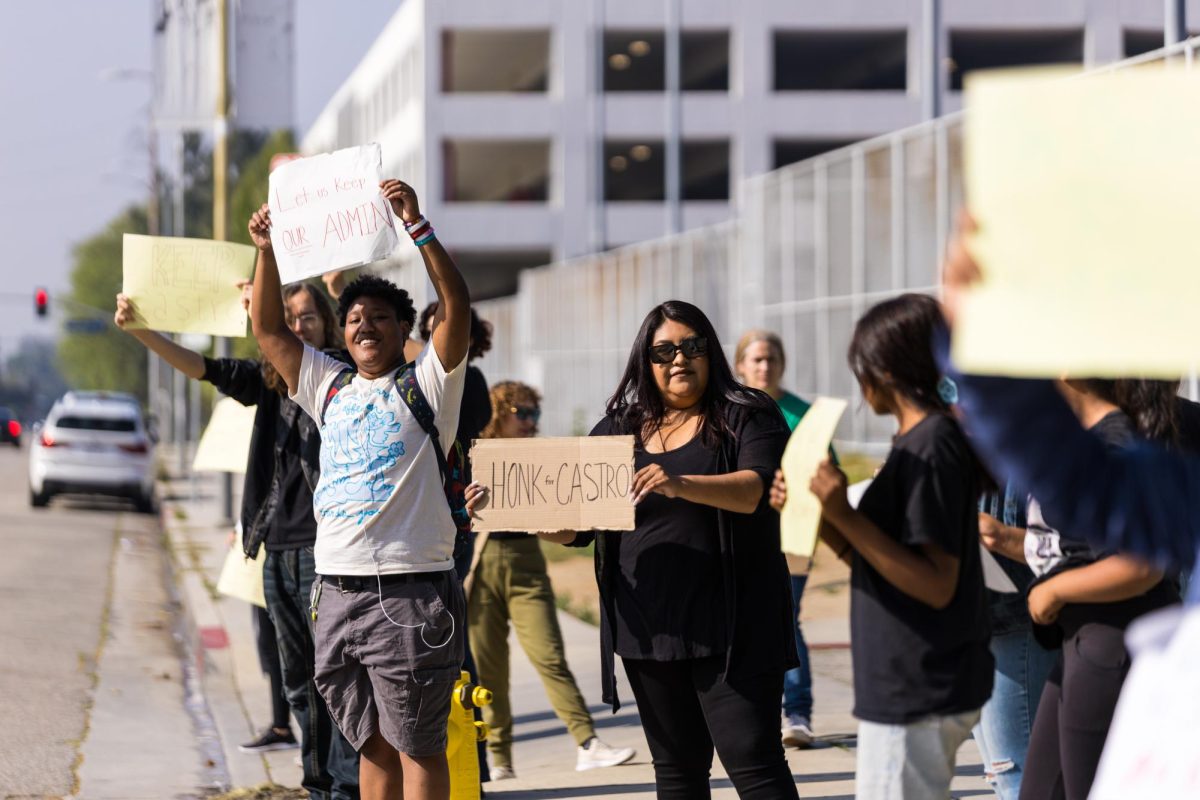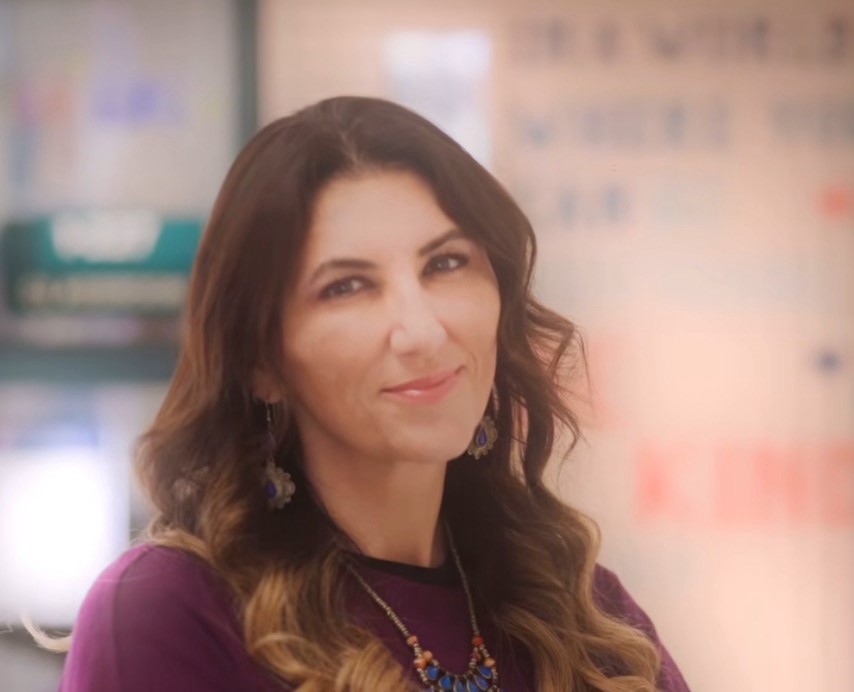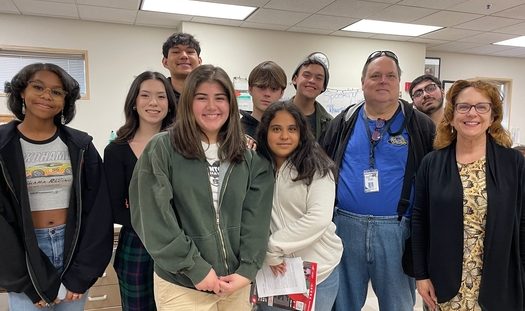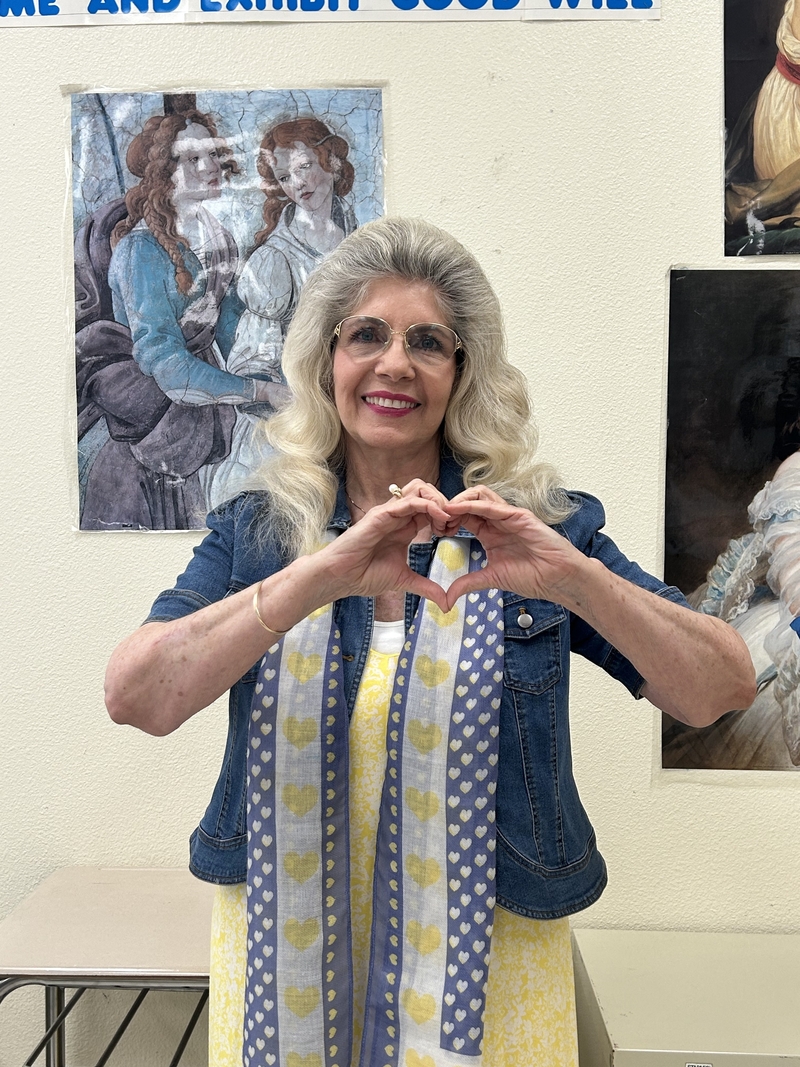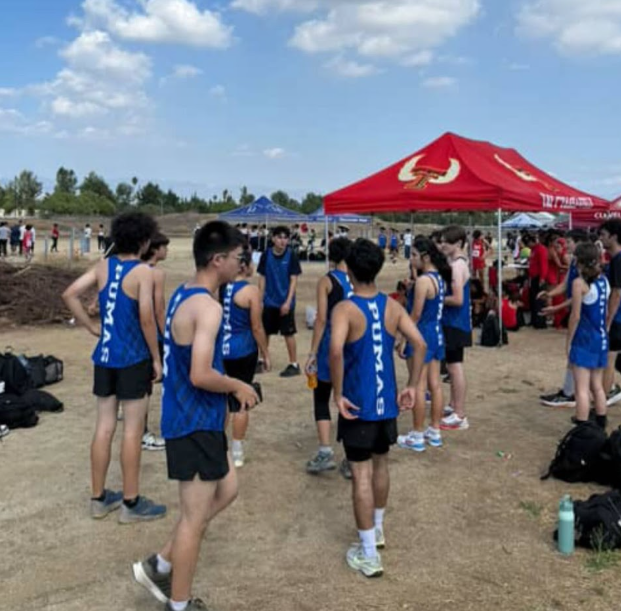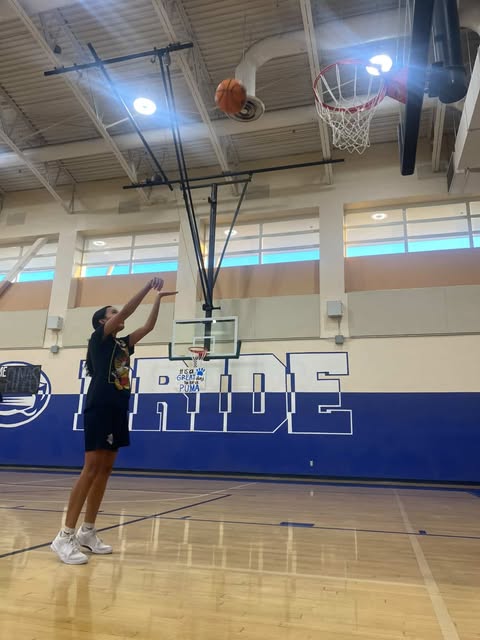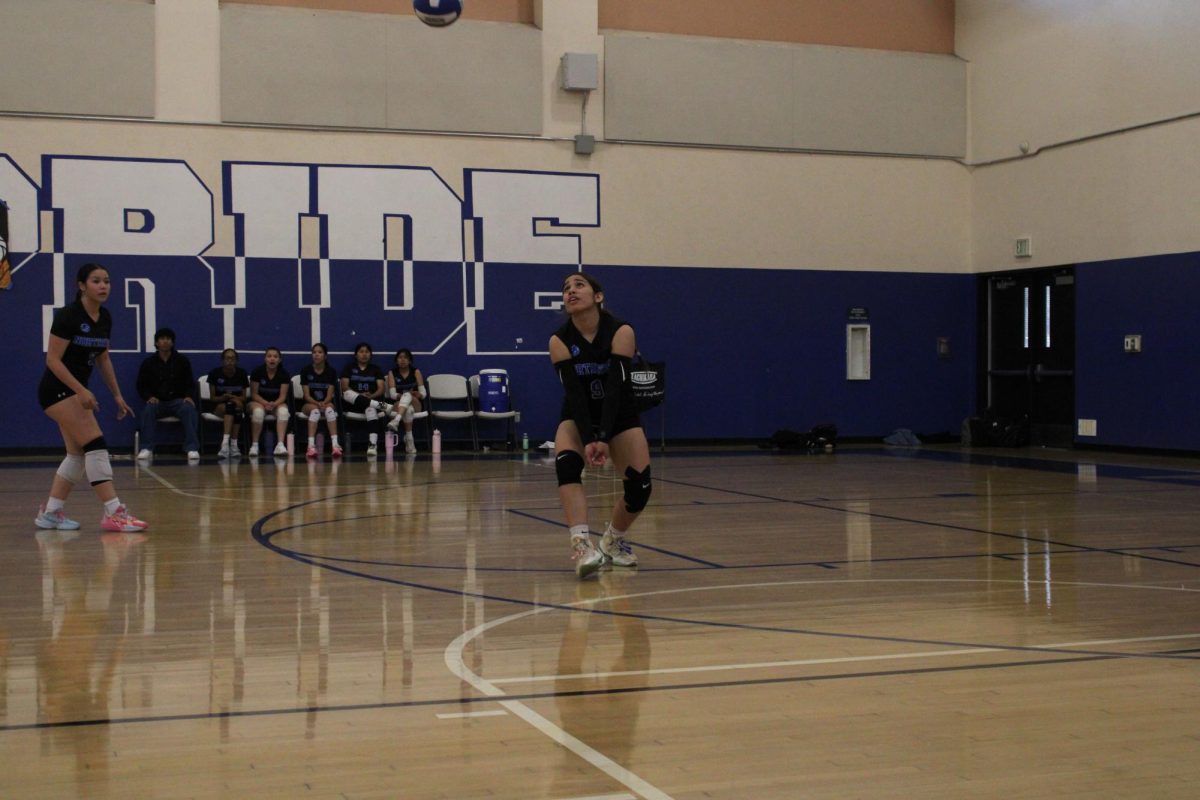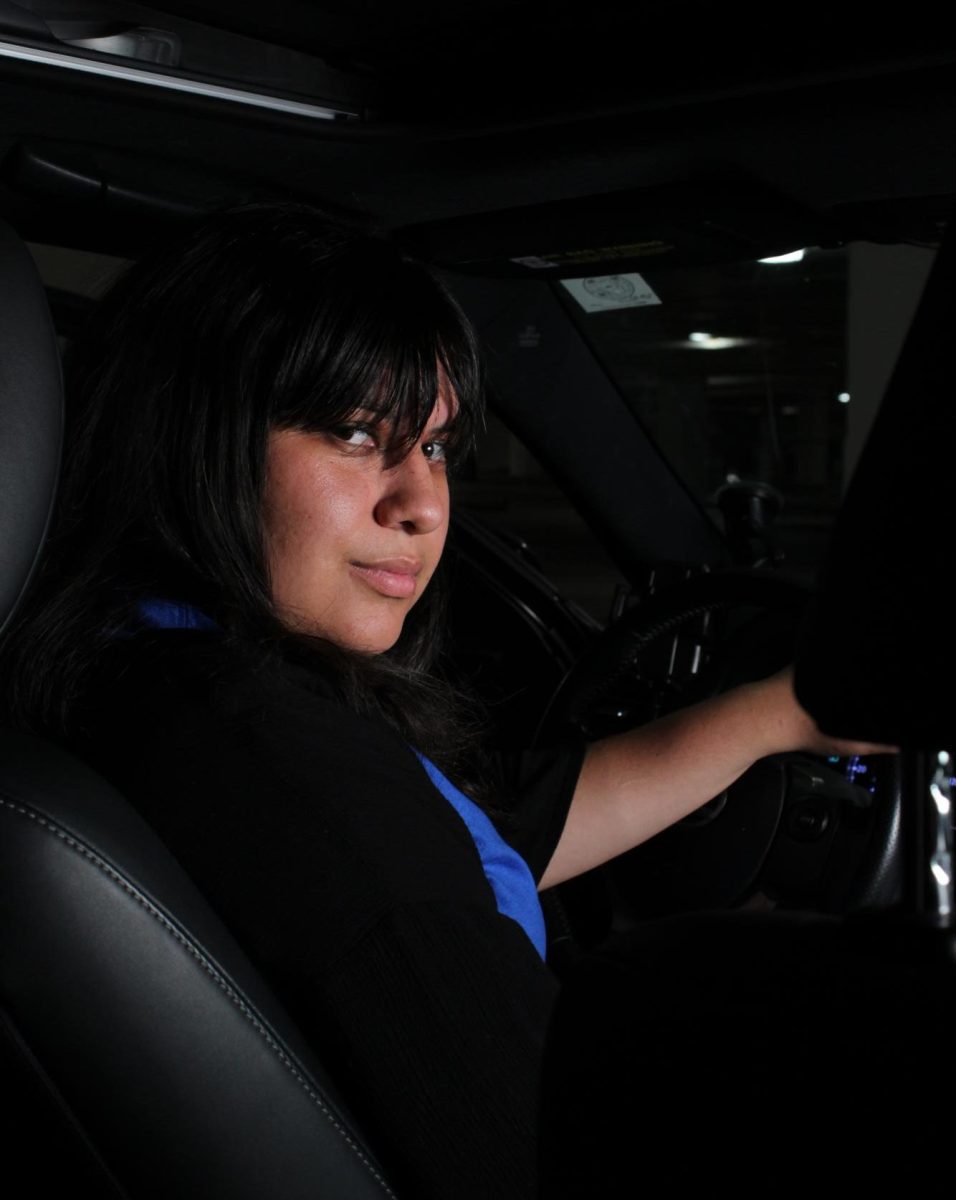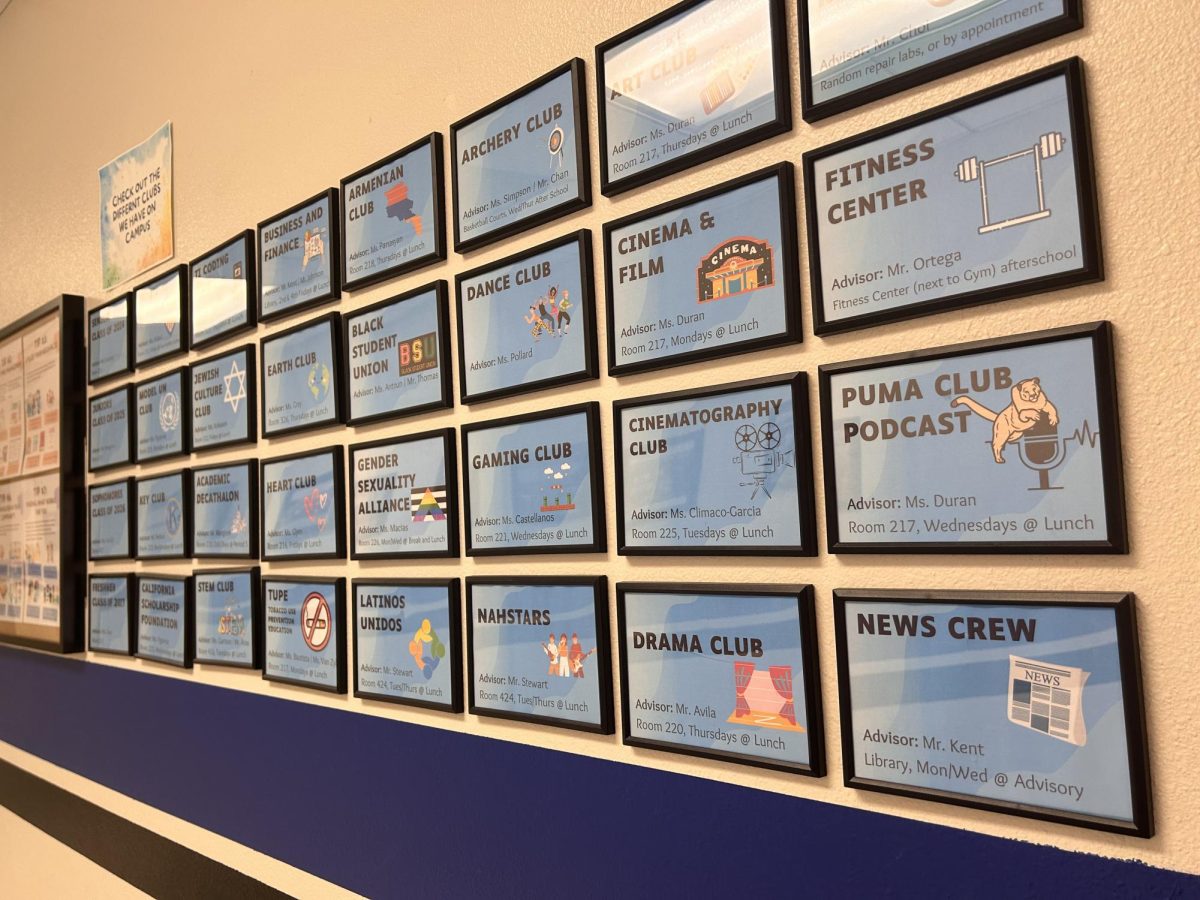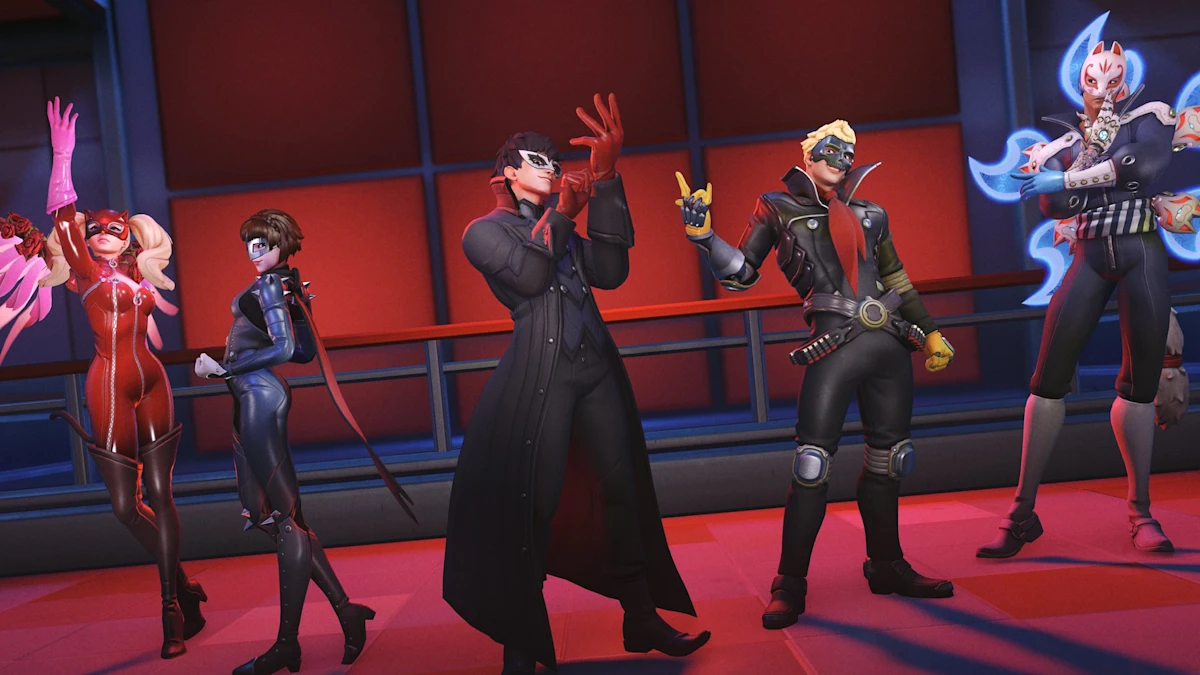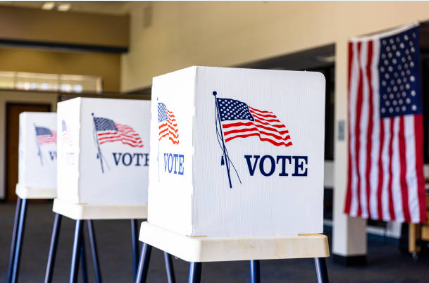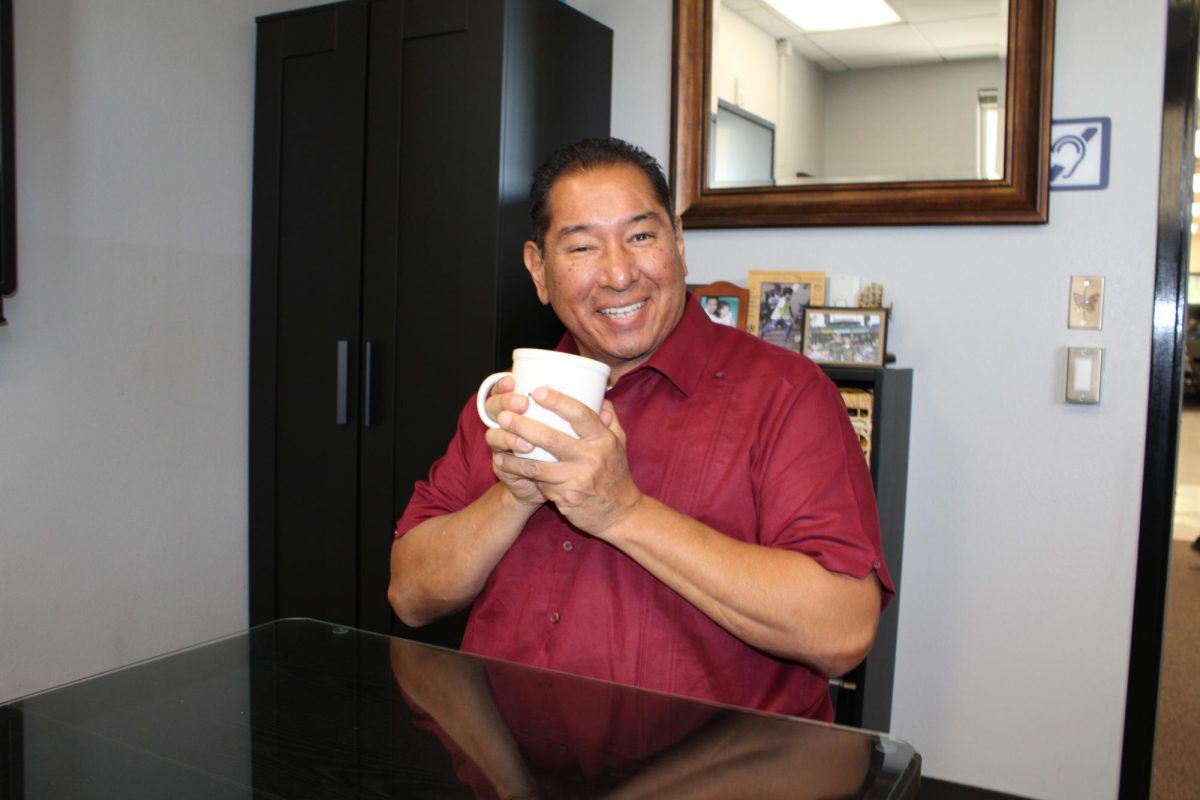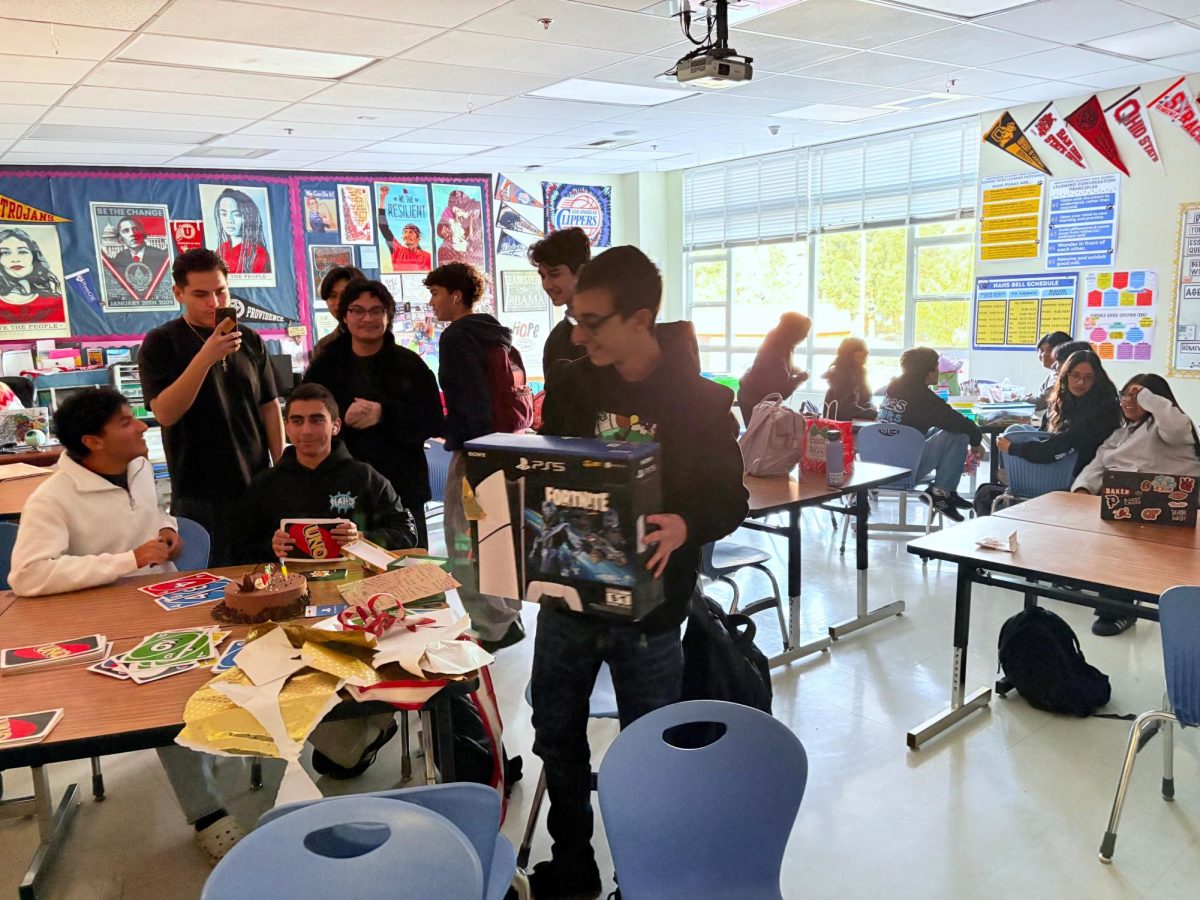Gun violence in schools has been a significant problem for a long time. Although it occasionally makes the news, the aftermath and the stories of those who were present often don’t receive enough attention. This issue is particularly prevalent in America, and it’s distressing that it is sometimes joked about, both within the country and internationally, as if it were a trivial matter.
Even the mere presence of a gun on school premises, without it being fired, can instill fear in students and faculty. The fear of potential tragedy, the uncertainty of what might happen, and the constant worry about their safety can have profound psychological effects. This is a serious issue that deserves more discussion and action to ensure the safety and well-being of everyone in the school environment.
After talking to some of the faculty at our school about their feelings on certain aspects of this topic, I found that most of them had similar answers. However, the younger faculty members had interesting responses compared to the older faculty members.
When asked if they had thought about the possibility of a gun being brought onto the school premises and if that influenced their choice of profession, the younger faculty members unanimously said that they had considered it and it played a role in their decision to work in education. In contrast, the older faculty members said they hadn’t really thought about it much or even at all.
Despite these differences, all the faculty members said they chose their profession because they wanted to help students get a good education and navigate their adolescent years in school.
In the United States, there have been many instances where a shooter was on campus, resulting in tragic deaths.
Referring to these victims as “casualties” is very dehumanizing. These were people and children with lives, and due to the actions of an individual, some lost their lives. Even those who survived often carry lasting trauma.
This issue doesn’t only affect the victims; it also deeply impacts their loved ones, who are left in a state of worry and uncertainty, not knowing if their loved one will come home that day. From 2000 to 2022, approximately 200 people were killed and 300 were injured during active shootings in schools. One of the most well-known school shootings is Sandy Hook, where 26 adults and children lost their lives on that tragic day. The survivors of that day had to grow up in a way that no one should, especially children who were around the ages of 6 to 7 years old.
It’s not a new thing that the United States has some of the highest rates of mental illnesses, and it’s not surprising given the country’s state of uncertainty. People are unsure how new presidential candidates will handle certain amendments, particularly the right to bear arms to protect themselves, their property, and their rights. Although this is a civil right, it can be misused in improper settings, such as schools, where an unstable individual might bring a weapon and harm others or others.
These individuals don’t go through a mental illness check before they can buy such a weapon. The only thing that could stop them is if a person of authority finds them mentally unwell or if they have been involuntarily committed to a mental institution and are deemed a danger to themselves and others. Although there are measures to prevent mentally unwell people from buying guns, some don’t need to buy them because they could already be in their home, purchased by someone who passed those mental checks.
Even if firearms are kept in a safe, it doesn’t mean they will stay there if a person knows about the safe and shows signs of being mentally unwell. It would be best to remove the weapons and seek help for the person showing signs of having thoughts and desires to open fire in a school.
Whether the person has a vendetta against the world or suffers from a mental illness, there might have been signs that their actions could have been prevented. I spoke with psychology teacher Ms. Christina Goodman about what could be going through the mind of someone planning such an act. She said, “Somebody who makes that decision, who makes that choice, must be going through some horrific things in their own life, and somebody somewhere has let them down on so many levels.” She went on to say that the person might have had a traumatizing life, and both people and the school system may have hurt them to the point where they felt their only option was to open fire in a school, and in no way is she saying that what they are doing is an okay thing to do.
At Northridge Academy High School, there are precautions in place to prevent situations involving an active shooter on campus. After a conversation with our Principal, Mr. Roberto Lee, he said, “We keep all the gates closed, everything is sealed up,” explaining that closing the gates can prevent unauthorized individuals from entering the school premises during school hours and potentially using a weapon to harm people in the school. He also mentioned that the school can no longer conduct random searches like in the past, which could have made it easier to identify potential problems. However, he emphasized that if someone hears or sees a person talking about shooting the school, they should report it to an adult so the situation can be handled appropriately.
At a young age, many people are taught the principle of “if you see something, say something.” This means that if you see or hear something that could be harmful to a person or multiple people, you should tell a trusted adult so they can further investigate the issue.
After talking to in a separate interview Principal Lee, I found out that our campus doesn’t have any “if you see something, say something” posters. I suggested that posters like these to be implemented in the school to raise awareness. These posters could help people know what to do when they encounter a potentially dangerous situation.
If you feel more comfortable, you can also call or text 988, which is a suicide and crisis lifeline, or chat with a person live at 988lifeline.org. Do not hesitate to talk to an adult about a problem like this. You might feel like you are betraying the person who could have harmful intentions, such as bringing a weapon to school, but you could make a difference by preventing a dangerous situation. Even if it does not involve a weapon, you should still talk to someone if you have an emergency that could harm you, a friend, or many people.
